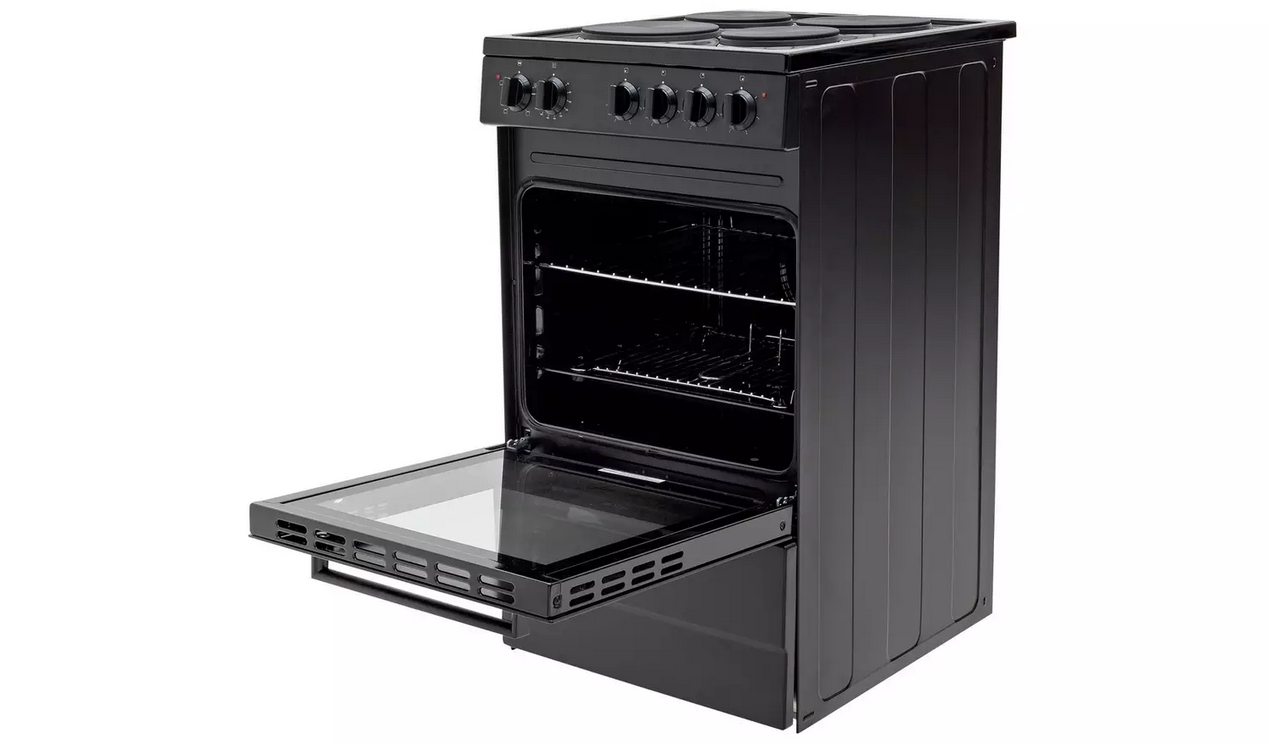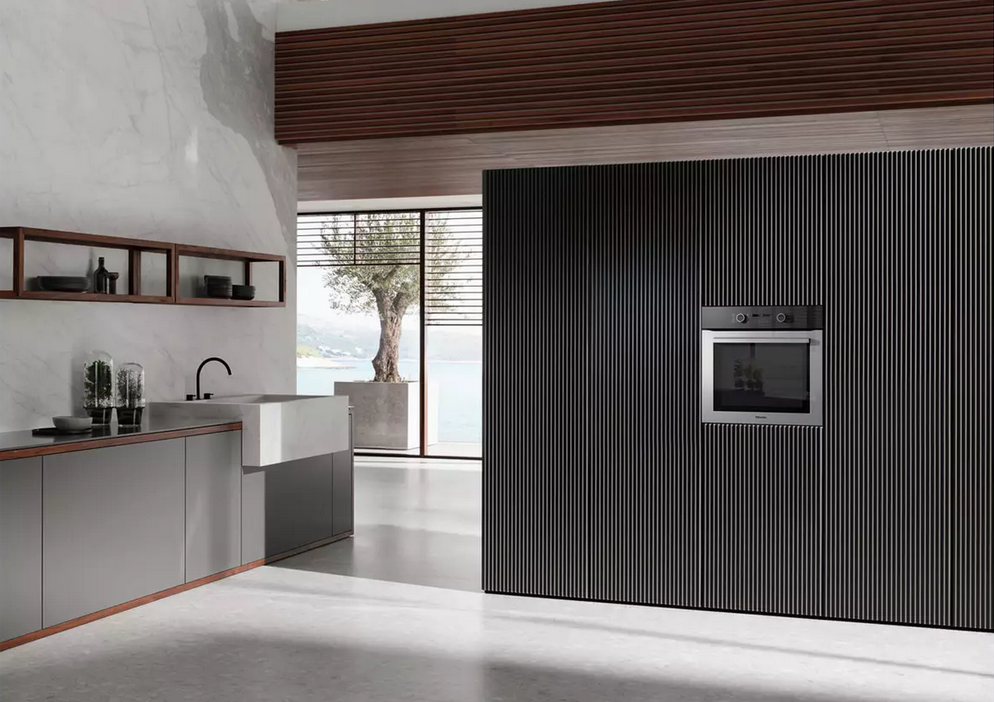
The modern home is all about lowering our energy usage to save money off our bills. It is important to recognise that whilst we may be opting for appliances which are more ‘energy-efficient’, it is sometimes the way in which we use the appliance that eats through the energy. In this article we look at low-energy cooking methods and how they can save you money.
The rise of low-energy cooking
There is a growing awareness of the importance of energy efficiency in the home, particularly the kitchen. This is firstly due to the amount of money it can save us by reducing our energy bill. It is also important as it helps to reduce the amount of energy used, thus reducing the environmental impact our households have on the environment. This has led to a shift towards sustainable cooking habits.
Deep Fat Fryers: Balancing cravings and costs
Deep fat fryers have become increasingly popular. Frying at home can sometimes be cheaper and healthier than a takeaway, but the use of these appliances can sometimes be more energy-intensive than other methods. If you are using it occasionally there are still ways you can be energy-efficient. Use high quality oil that lasts longer so you can reuse the oil if it is safe to do so. This reduces the need to replace the oil as frequently. We also suggest reading any recipes thoroughly beforehand and keeping control over the temperature when cooking which ensures your cooking is quick and effective. This means you can operate the appliance for a shorter time, saving you the running costs.
You can find all of our deep fat fryers here.
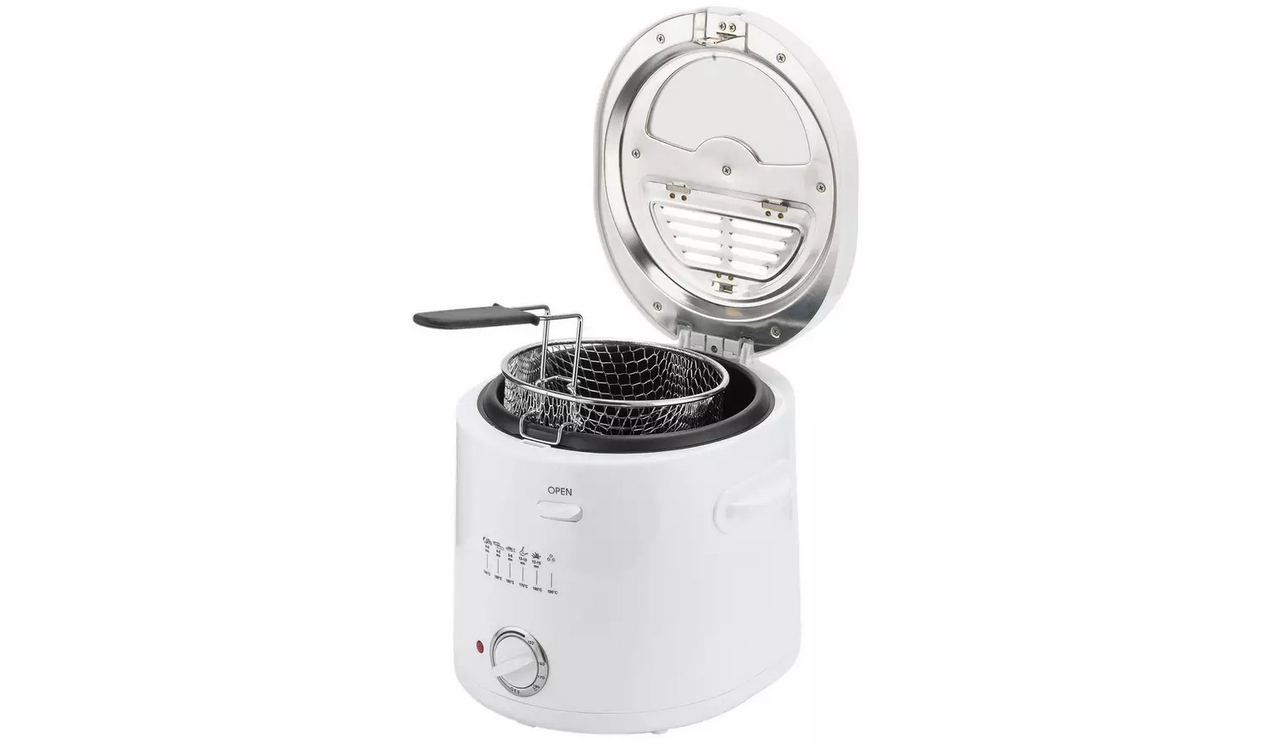
Air Fryers: A game changer
Air fryers are another popular appliance in the modern kitchen, providing great results by circulating hot air to fry. They generally use less energy than other appliances due to the nature of the technology but can still deliver crispy cooking. You can reduce the energy used by shortening cooking times. This can be achieved by preheating for a short time before cooking, meaning the cooking is efficient and can be done in one session. You can also cook your food in batches if you are able to, meaning that all your cooking can be done together.
For more on our air fryers here.
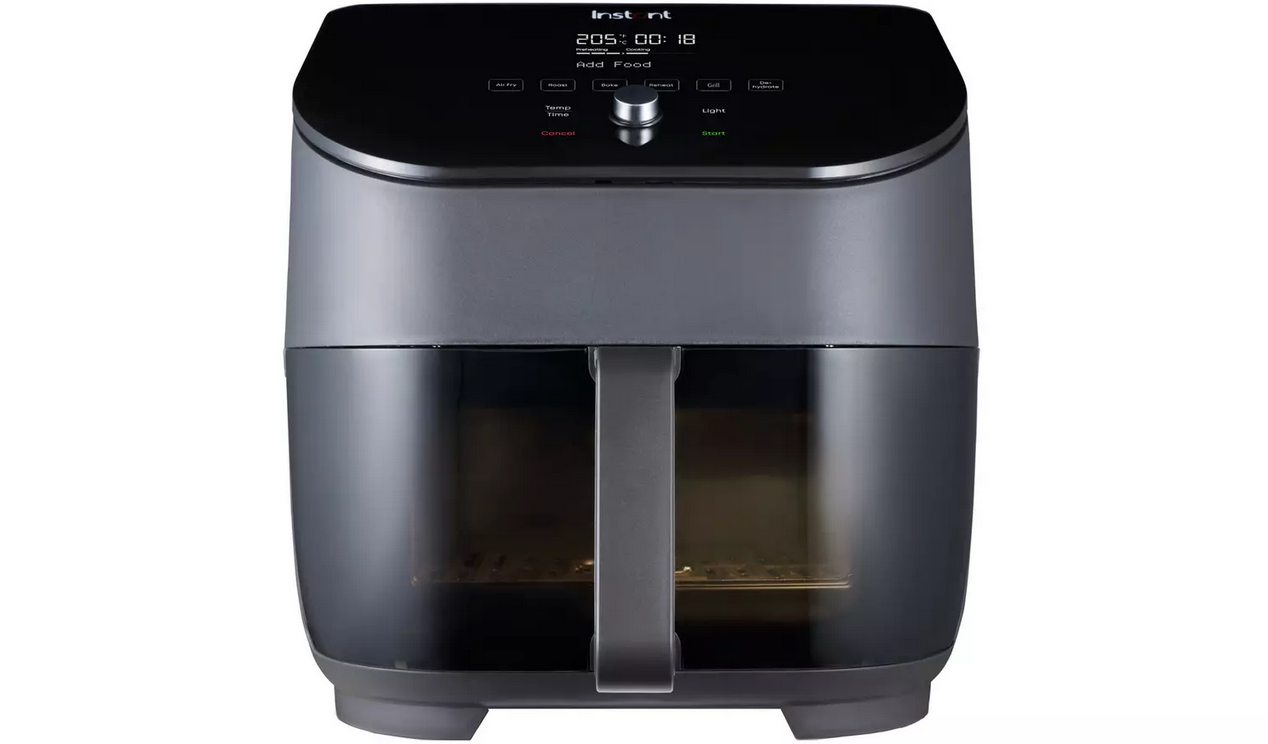
Oven Cooking: Strategies for efficiency
Ovens are a traditional appliance in the kitchen which we use to bake, roast, and broil. But there are still techniques we can use to reduce the energy used. An easy way to do this with an oven is to do batch-cooking. This means cooking everything in one session with the oven rather than switching off and back on again. This reduces the preheating and warm-up time which adds to the energy usage. If your oven has convection settings, you can utilise this to get even cooking results. This reduces the need to put the food back in as the middle hasn’t cooked properly, as the convection setting should evenly cook.
You can find our cookers, ovens and hobs here.
Microwaves: Quick and energy-efficient
Microwaves are significantly more energy-efficient than ovens for reheating and cooking certain dishes. They use less energy as their heating is more rapid. You can maximise the efficiency of the usage by using microwave-safe containers or coverings to retain the moisture to get even cooking results.
Of course, not everything can be cooked in a microwave but they are great for reheating leftovers. This means less energy used re-heating and less impact on the environment from potential food waste.
Check out our microwaves here.
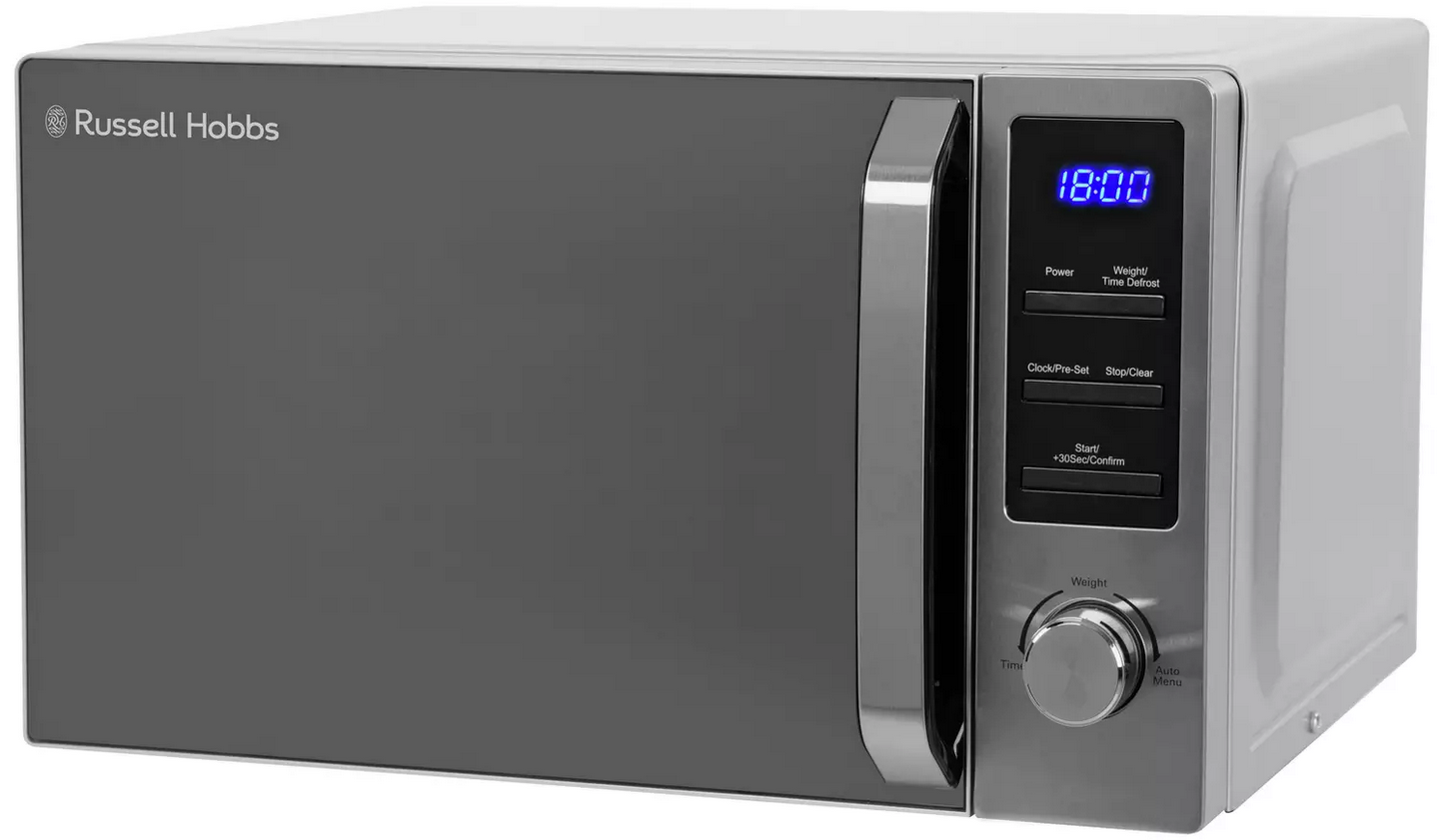
Energy-efficient cooking appliances
Choosing energy-efficient cooking appliances, particularly ENERGY STAR-rated models, is still important in lowering energy consumption. These appliances use less energy, which therefore reduces your carbon footprint and lowers your household bills. Over time, the cost savings can be substantial, which makes the initial investment in the appliance an eco-conscious choice.
Conclusion
These are just some of the simple ways you can save energy with low-energy cooking. We recommend embracing energy-efficient cooking habits as an easy way to reduce the costs that cooking brings.
For more on how to reduce your energy consumption, check out our other blogs:
